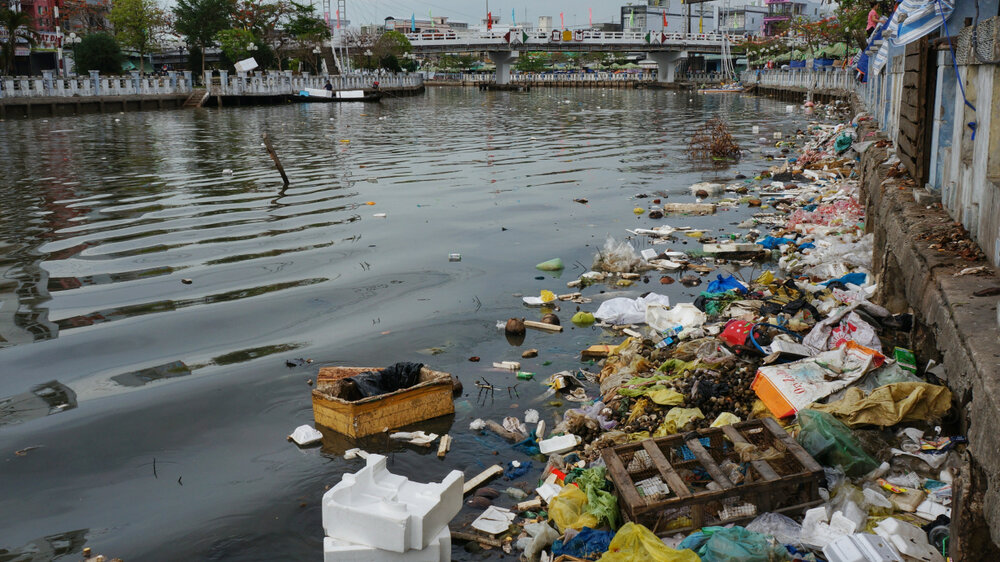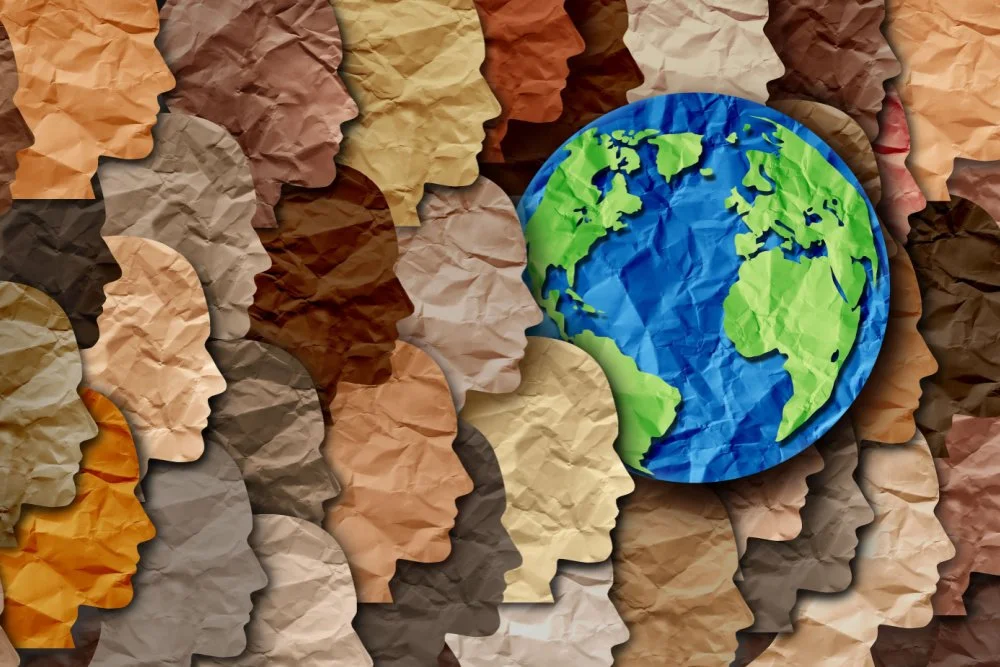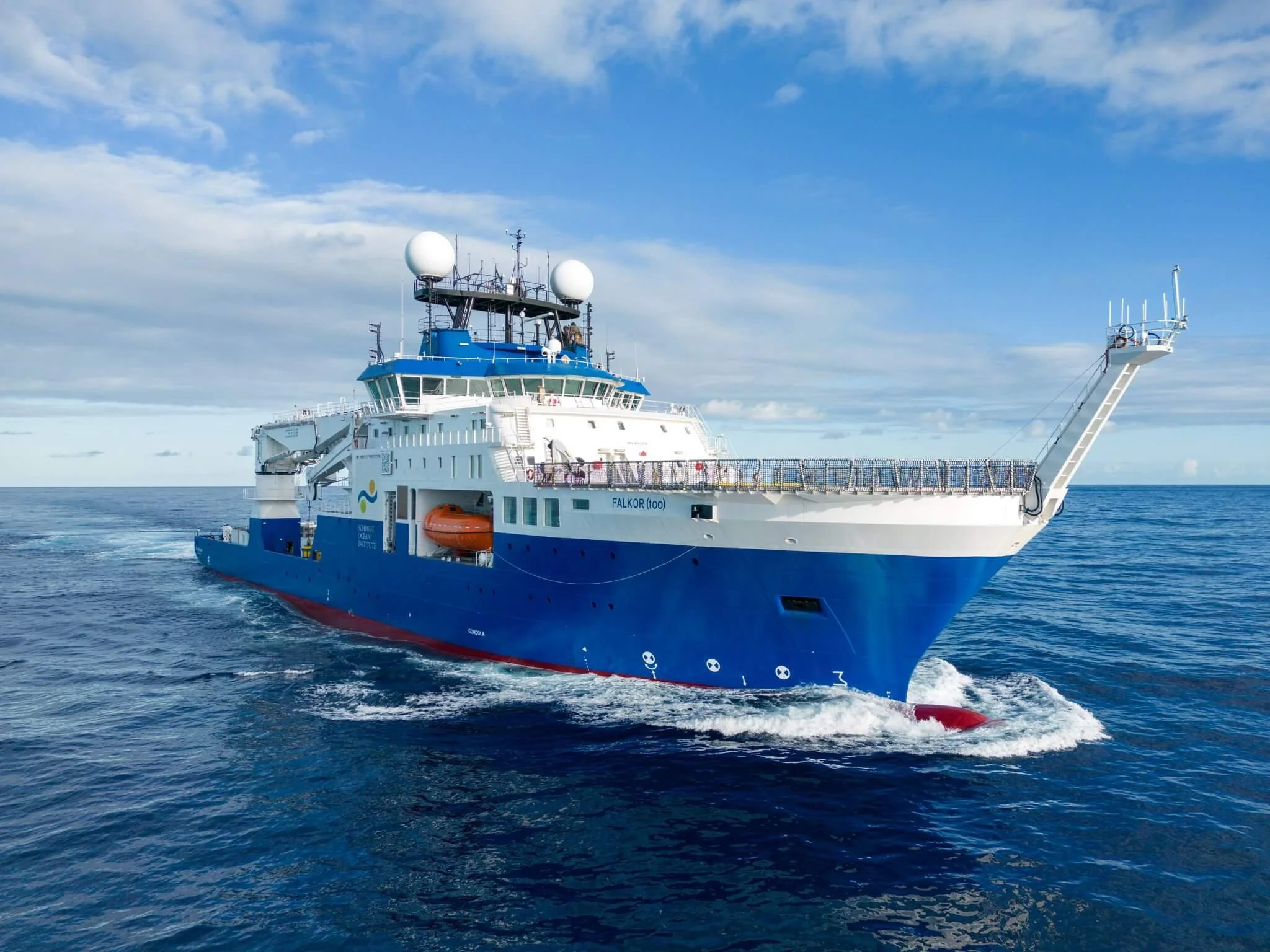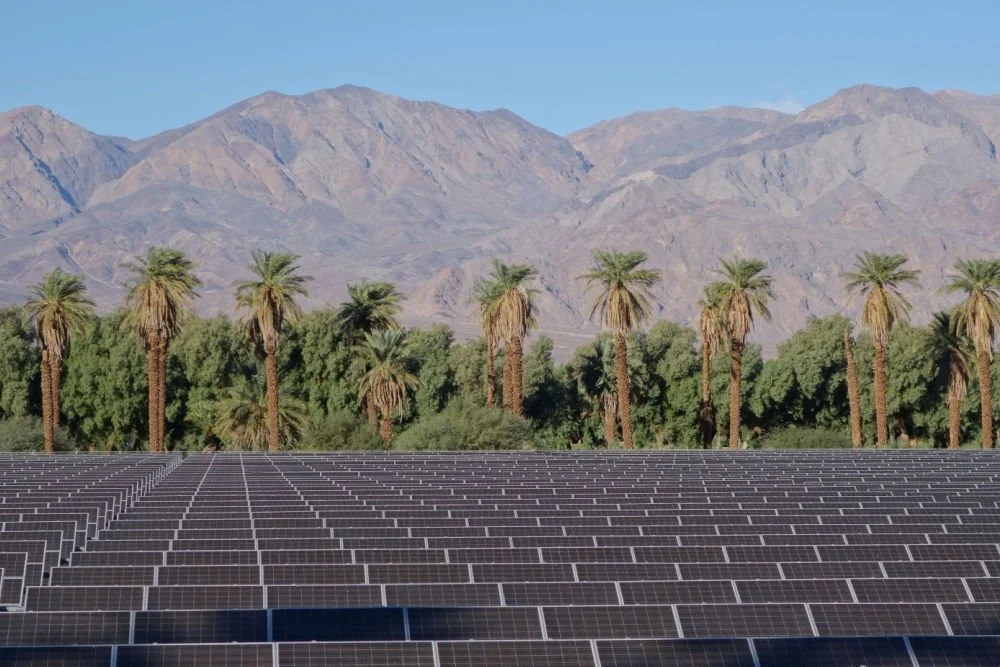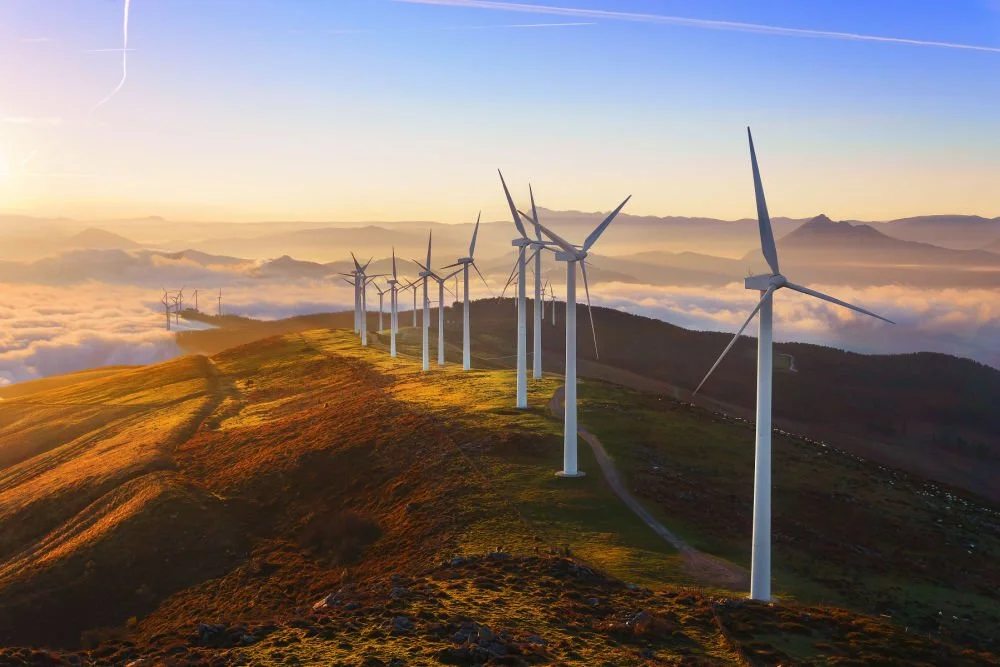Rivers Carry Tons of Plastic into Oceans Every Day. Two Funders Aim to Change That
/The Mekong River in Vietnam. Vacilando/shutterstock
Oceans and seas are choking on the more than 8 billion tons of plastic the world has produced since the 1950s. If current trends continue, the U.N. contends they may host more plastics than fish within the next 30 years.
Rivers sweep up to 275 metric tons of new plastic into the world’s oceans and seas every hour, landing them a central space in pollution research and solutions. Two funders—the Benioff Ocean Initiative (BOI) and the Coca-Cola Foundation—are coming together to address both sides of the equation, investing $11 million in cleaning up nine rivers around the globe. The three-year initiative aims to create and empower a global network of interdisciplinary teams tasked with piloting technologies for capturing waste and adapting policy and communications interventions in diverse river environments.
Nine Rivers
As previously covered in Inside Philanthropy, the projects build on an original commitment of $3 million by the partners last May. The response to the competitive request for proposals was robust, leading the donors to scale total funding by $8 million. The nine recipients were chosen from a field of 30 projects, representing 5 continents and 16 countries. BOI will manage local delivery and collect data it plans to share broadly and apply to future projects.
Selected river systems span four continents: Asia, Africa, North America and South America. The first organization to receive funding is Marea Verda, which is working to clean up the Matias Hernandez River in Panama, a waterway that generates more than 100,000 tons of marine trash annually, 55 percent of which is plastics. BOI says Marea Verde’s initiative stood out for its comprehensive outreach strategies, use of current technologies, and interdisciplinary leadership and teamwork.
One Community
The Benioff Ocean Initiative recognizes the diversity of the river environments receiving funding. Each team on the ground will be measuring progress and success against a set of predetermined performance metrics that are unique to each project. But it’s also taking measures to create a single community of practice. All teams will participate in a collaborative community that shares updates on progress, lessons learned and successes through an online forum and regular conference calls.
They’ll also participate in an annual symposium at the University of California, Santa Barbara (UCSB). Dr. Douglas McCauley, professor and director of the Benioff Ocean Initiative, says BOI is looking forward to bringing leaders in to share their successes and failures: “We are really excited to help share the best practices that surface from this effort in an open toolkit to help teams in other rivers throughout the world build out their own plastic capture projects."
Shared learning is expected to bolster team success, and will be communicated widely to “other companies, organizations and public institutions interested in applying this knowledge to new plastic waste abatement efforts around the world.”
Plastic Waste Funders
Based at UCSB’s Marine Science Institute, the Benioff Ocean Initiative was established in 2016 with $10 million in initial funding by Lynne and Marc Benioff, chairman and co-CEO of Salesforce, the cloud computing giant. It employs applies science to crowdsourced ideas to produce results, and creates a hub for experts, researchers, students and ocean communities to ideate, study and solve problems through emerging technologies. Besides cutting river plastic waste, BOI scientists are also engaged in projects like examining the impact of deep-sea mining and tracking ocean extinction patterns.
The Coca-Cola Foundation’s partnership with BOI aligns with its focus on recycling and behavioral change projects, as well as the Coca-Cola Company’s “World Without Waste” campaign, which pledged to collect and recycle the equivalent of 100 percent of its packaging and use at least 50 percent recycled plastic by 2030.
The Oak Foundation, MAVA Foundation, and the Ellen MacArthur Foundation’s New Plastics Economy initiative are also addressing the plastic problem.
With Marea Verde’s work in Panama already underway, eight additional river programs are being finalized in Ecuador, India, Indonesia, Jamaica, Kenya, Mexico, Thailand and Vietnam. Meanwhile, BOI is eager to get started. “We are definitely excited about getting this plastic waste out of our rivers and oceans,” says Dr. McCauley. “But we are also excited to turn this plastic waste into data that can help us turn off the tap of this waste in the first place.”

